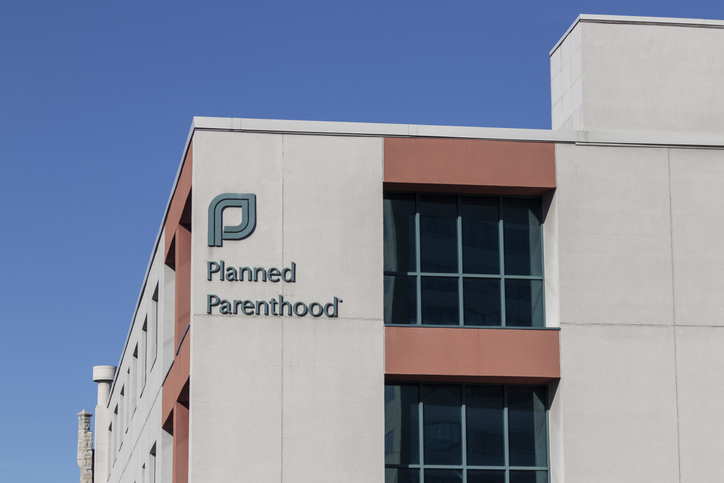Recreation groups celebrated an April 5 federal court decision that raised serious concerns about the Clinton administration’s Roadless Rule, scheduled to go into effect on May 12. The rule, which would prevent even routine maintenance of current roads, could result in the gradual closure of thousands of miles of trails in government-owned forests.
On January 8, the Kootenai Tribe of Idaho, three snowmobile groups, the Little Cattle Company Limited Partnership, and timber giant Boise Cascade filed suit against the federal government, seeking to overturn the controversial roadless forest initiative signed by then-President Bill Clinton the week before. The suit named Secretary of Agriculture Dan Glickman, Forest Service Chief Mike Dombeck, and their agencies as defendants. The State of Idaho filed a separate lawsuit against the roadless plan.
The initiative bans new roads and almost all logging in nearly 60 million acres of roadless national forest in the United States. That total includes about 6 million acres in Montana and 700,000 acres on the Gallatin National Forest.
The plaintiffs had requested an injunction to stop the Rule’s implementation. U.S. District Judge Edward Lodge postponed ruling on the injunction until he could hear what the Forest Service had to say. On April 5, he found the plaintiff’s claims had merit.
“Having previously found that the Plaintiffs have demonstrated a strong likelihood of success on the merits,” wrote Lodge, “under the Ninth Circuit’s test for equitable relief Plaintiffs need only make a minimal showing of harm to justify an injunction.”
The roadless rule is under review by the Bush administration.
Paul Turcke, the Boise attorney representing the BlueRibbon Coalition and other recreation groups, was “encouraged by the court’s ruling. We look forward to the outcome of the administration’s review,” he said.
“I’m glad the court noted that the roadless rule could have negative impacts to our existing recreational infrastructure,” said Don Amador, western representative for the BlueRibbon Coalition. “The decision explained that in California, officials from the Shasta-Trinity National Forest had to drop plans to reconstruct and maintain old jeep trails that provide access to the Lower-McCloud River Watershed.”
“We contend that this type of closure in the Shasta-Trinity National Forest could occur in similar areas affected by the Rule,” Amador warned.
Adena Cook is public lands director for the BlueRibbon Coalition.
For more information . . .
on the roadless rule, visit the BlueRibbon Coalition’s Web site at http://www.sharetrails.org. Click on the Roadless Initiative Archive. The Blue Ribbon Coalition is a national nonprofit recreation group that champions responsible multiple-use access to public lands.



